Which is the fastest NASCAR car in the history of the sport?
Other Sports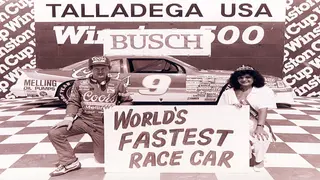
Which is the best motor for no prep RC drag racing? These remote-controlled (RC) vehicles require specialized skills to navigate the track, and their parts go a long way in determining the efficiency of their performance. Check out this article for all the details about this mode of racing and the motors that will boost your car's speed on the track.
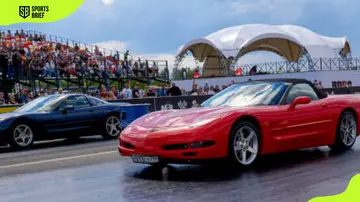
Drag racing was adopted from street racing as a safer way to compete, keeping the drivers and the audience safe. The controlled environment allows more creativity, and the cars used have been modified over the years to meet the highest standards. Additionally, the racing variation gives participants a close-to-real racing experience on a minimal budget. Find out the best motor for no-prep racing and other exciting details about the sport.
Before car track racing was introduced, competitors raced on the streets, attracting diverse crowds. Over the years, numerous drag strips have been specifically designed to support RC drag racing, leading to the popularization of the new style of racing. Track racing also helped the sport evolve into a competitive affair.
Which is the fastest NASCAR car in the history of the sport?
Other Sports
Before any race commences, the tracks must be inspected and prepared to ensure they are in top-notch condition for the speed cars. In the past, the vehicles had limited horsepower and only needed a little preparation to pull off a brilliant performance.
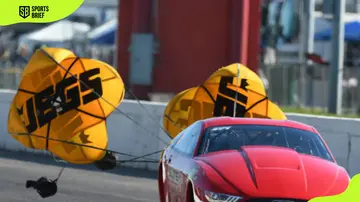
However, as the sport has evolved, the vehicles have been modified to improve their rubber and tyre technology. While the original class of cars only required a clean, dry, and smooth pavement, these modified vehicles needed the track to be examined before a race using various chemicals and equipment.
No-prep means that the tracks undergo little to no modification or preparation, allowing racers to have a raw feel of the track. The variant gives the racers that old 'street' feel, and today, some race cars come tailor-made for a no-prep race and require no modifications. At the very least, some track experts only sweep the track clean and dry.
Strangest sports: Top 10 weirdest sports in the world currently
Other Sports
Some RC drag racing vehicles require specialized parts to boost their performance on the track, including tyres, engines, and motors. Here are some of the best no-prep RC drag motors:
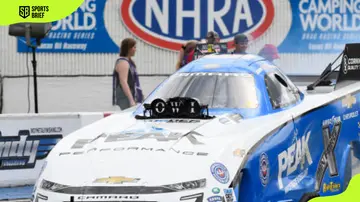
This hand-built motor was engineered and developed in the U.S.A. The Maclain MRR DRK Drag Race King is in 3.5T and 4.5 T. It contains all aluminium screws and costs approximately $119.99.
The Tekin Gen 4 Eliminator is among the best RC no-prep drag motors available. The machine is specifically built for performance and works by cutting weight to reduce resistance. It is hand-made and rebuildable, weighing approximately 145 grams and costing roughly $119,99.
With the adaptation of no-prep racing, manufacturers now have cars explicitly made for this variant. The Mamba Micro X2, 16.8V, WP Sensored ESC W / 1007-8450KV Combo – Losi 1/16 Mini No Prep Drag Car is among the best RC no-prep drag cars. The vehicle has a maximum input voltage of 2S and comes with an in-built motor.
Finally! A list of the best female race car drivers of all time
MotoGP
According to diehardrc.com, there are three classes for fans keen to grow their racing skills on the track. These are:
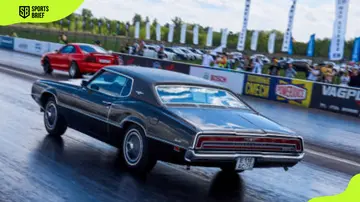
The beginner level allows learners to familiarize themselves with NPRC (No Prep RC Drag Racing League). The first level is a dry tyre class, and no preparation is permitted. However, tyre conditioning and cleaning are allowed. No winner is named at this stage as it is ''Just for Fun.''
This class is the fastest-growing segment of no-prep drag racing. Each model must have a body that mimics an actual car that can be driven on the street. Two cars line up behind the starting lights and move when they turn green. The one that completes the 132-foot-long scale drag strip wins the race.
The Bracket class is about consistency, not speed. Participants contest based on of how consistent racers are from start to finish.
A list of the best race-driving schools in the world at the moment
MotoGP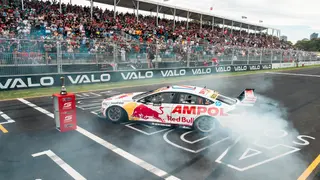
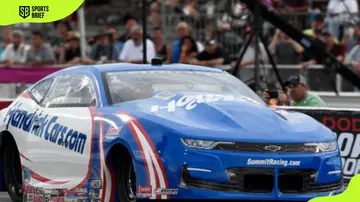
You can adopt various tricks to make your remote-controlled drag car move faster. These include:
What is the best motor for RC drag racing? The different accessories that can help your car perform better can be added, while some come in-built. No-prep RC drag racing continues to attract thousands of racing enthusiasts, and fans will watch to see more improvements in the sport as they arise.
The top 20 best American sports cars of all-time ranked
MotoGP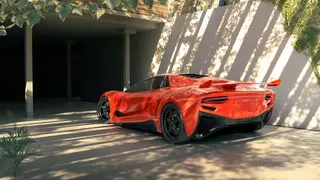
READ ALSO: Which is the fastest F1 car ever? Find out all the details here
Sports Brief published an article discussing the fastest Formula 1 race car. Since the invention of F1 in 1946, several races have been held to determine the best racers and vehicle manufacturers. Which are some of the best race cars?
The Mercedes W11 (2020) is the world's fastest car, boasting a speed of 164.267mph or 264.362km/h. It is driven by the legendary Lewis Hamilton. Other fast cars include the Ferrari SF70H (2017), which has a six-cylinder 1600-cc engine limited to 1,950 rpm, and the McLaren Mp4-4 (1988), which hits speeds of up to 207 mph or 333 km/h. Check out the article above to discover the full list of the fastest F1 cars ever.